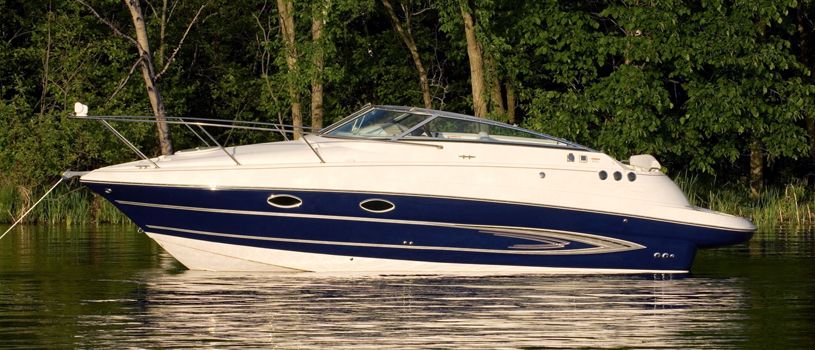Best answer: if your boat has a good unified bottom, if your electrical systems are up to speed, if you keep the upper parts protected and dry, i believe you can have great benefits from a stay in fresh water. metal bits will be less likely to be attacked.. Salt water or not, another obvious thing to look for in a wooden boat is wood rot. so, the recommendation to find a surveyor knowledgeable in wooden boats is the best way to find a good boat. wooden boats cost much less than comparable fiberglass boats with good reasons. don’t just buy a boat without having a good survey done.. A fresh water boat that is located inland typically gets used three to four months of the year. then it gets pulled and stored, either covered on the hard deck or inside a heated facility. these boats have the least amount of exposure to these three harsh elements. typically, the further north you go, the nicer the boats..
A boat displaces its weight in water, regardless whether it is made of wood, steel, fiberglass, or even concrete. if weight is added to the boat, the volume of the hull drawn below the waterline will increase to keep the balance above and below the surface equal. boats have a natural or designed level of buoyancy.. Wooden boats that remain afloat in salt water will tend to have less rot than boats in fresh water. however, the majority of small boats are kept out of the water. boats stored on the beach or yard, even during the season should be propped up on blocks so that they are off the ground at least a few inches.. Now, wooden boat lore abounds with ship worm horror stories and remedies -- mostly of the drastic nature. these remedies include: drilling lots of small holes and injecting home-made or patent substances guaranteed to kill the buggers..


0 comments:
Post a Comment